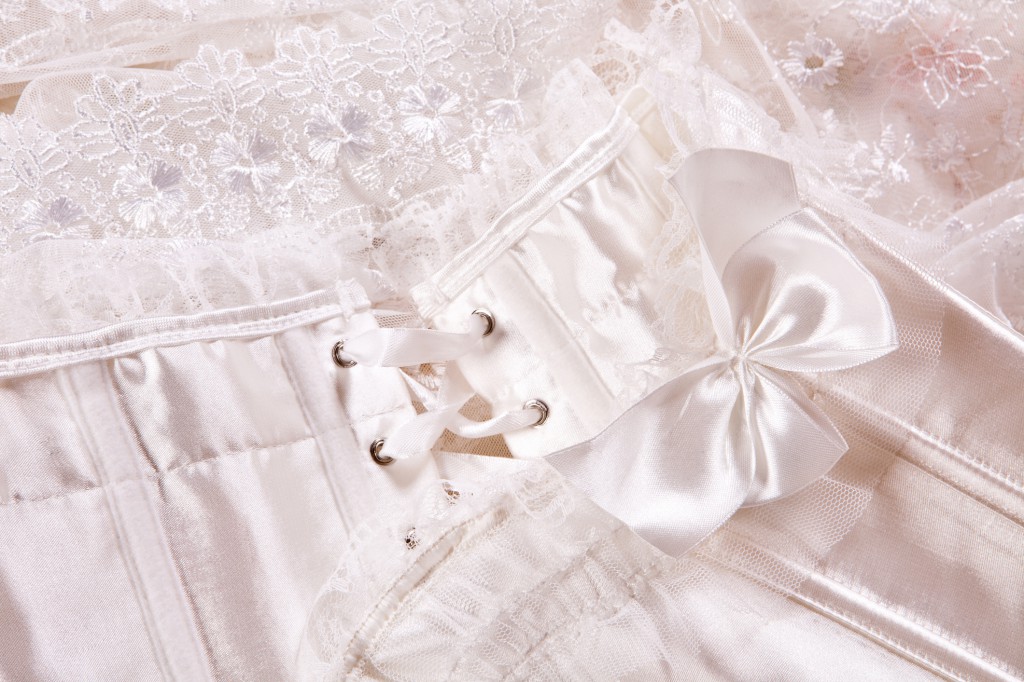Amorous
To His Mistress Going to Bed
Come, Madame, come, all rest my powers defie,
Until I labour, I in labour lye.
The foe oft-times having the foe in sight,
Is tir’d with standing though they never fight.
Off with that girdle, like heavens zone glistering
But a farre fairer world encompassing.
Unpin that spangled brest-plate which you weare
That th’eyes of busy fools may be stopt there:
Unlace your selfe, for that harmonious chime,
Tells me from you that now ‘tis your bed time.
Off with that happy buske, whom I envye,
That still can be, and still can stand so nigh.
Your gownes going off such beauteous state reveales,
As when from flowery meads th’hills shadow steales.
Off with your wyrie coronet and showe
The hairy dyadem which on you doth growe.
Off with those shoes: and then safely tread
In this loves hallow’d temple, this soft bed.
In such white robes, heavens Angels used to bee
Receiv’d by men; Thou Angel bring’st with thee
A heaven like Mahomets Paradise; and though
Ill spirits walk in white, we easily know,
By this these Angels from an evill sprite:
They set our haires, but these the flesh upright.
Licence my roving hands, and let them goe
Behind, before, above, between, below.
O my America, my new found lande,
My kingdome, safeliest when with one man man’d,
My myne of precious stones, My Empiree,
How blest am I in this discovering thee.
To enter in these bonds is to be free,
Then where my hand is set my seal shall be.
John Donne
John Donne’s elegy, ‘To his Mistris Going to Bed,’ was probably written some time before 1699, while Donne (1571?-1631) was a student of law at Lincoln’s Inn, London. Written in the suggestive and objectifying language of commerce, it is addressed to the exclusively male audience of wits among whom it would have circulated privately in manuscript.

